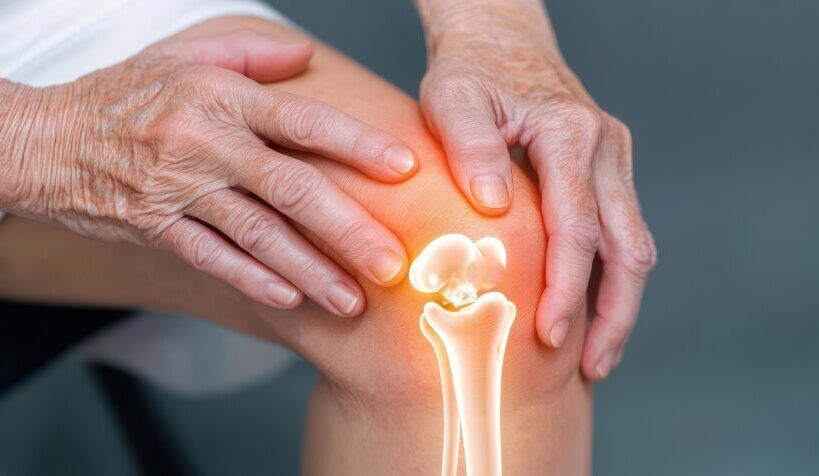Organic Salmon?
- Joe Hamilton, Owner & President

- Oct 1, 2015
- 4 min read
Updated: Jan 21, 2022
An Investigative Report by Joe Hamilton, Owner & President of Pilgrim’s Market

May 2015: Bob, our beloved meat and seafood manager, thought he had struck gold when a local supplier sold him some “Organic Salmon.” However, I immediately called foul on the supplier and producer, because I knew for a fact that the USDA does not certify any seafood as organic.
Four months later, after six interviews, days of research and even a trip to the “Organic Salmon” farm on the west coast of Vancouver Island in British Columbia, I feel that I have solved the mystery and am ready to make Pilgrim’s official recommendations.
History of Salmon Farming
The salmon aquaculture industry began about 40 years ago to help meet the rising demand for salmon, mainly in Europe, the United States and Japan. About 60% of the salmon we eat comes from farms. This $5.4 billion industry generates almost two million metric tons of farmed salmon each year.
The aquaculture industry is only expected to grow. According to a 2009 report from the United Nations Food and Agriculture Organization, most of the increase in seafood production will be seen in the aquaculture industry, especially since the wild fisheries are depleted and controlled, and therefore limited.
Is It Good?
Proponents of aquaculture claim that the demand for seafood has already exceeded what the natural fisheries can support, and over half of the total seafood supply is currently consumed worldwide. Although they do admit to the deleterious impacts of aquaculture on wild salmon and the greater marine ecosystem, they argue that the industry is improving and impacts are being significantly reduced.
Partial evidence of this improvement is the commitment of 15 companies, representing 70% of global farmed production, to certify 100% of their production through the Aquaculture Stewardship Council by 2020. This is purported to measurably reduce the negative impact of salmon production on some of the world’s mostecologically important regions. The efforts of this new “Organic Salmon” farm and the other members of the Pacific Organic Seafood Association are another example of the improving industry. However, is it enough?
Is It Bad?
Poorly managed salmon farms can spread disease and parasites among wild fish, while overuse of chemicals and fish waste can affect ocean ecosystems. In addition, the use of marine organisms as feed for farmed fish impacts natural resources.
In the disturbing yet controversial documentary Salmon Confidential, biologist and wildlife activist, Alex Morton, shows a graph telling of a dramatic decline in wild fish runs around Vancouver Island since the introduction of open-net pens in the early 90s. Alex claims that all but one of the rivers have suffered drastic reductions in the wildruns.
The movie goes on to persuade that diseases spread by the salmon farms located on the migratory routes of wild salmon are the reason for the decline of the wild fish. This theory is reported to be further confirmed by the fact that the one river with a still vibrant wild run is the only river in the region that does NOT have a salmon farm nearby.
The movie drops what appears to be a deathblow to the industry and its government oversight when it presents disturbing evidence of an intentional cover-up campaign of scientific findings that suggest that diseases spread by the farms were the smoking gun – the reason for the rapid decline of wild salmon runs!
Creative Salmon
The name of the fish farm with the organic claim is Creative Salmon. Creative Salmon has indeed engaged the Canadian General Standards Board and has been instrumental in the creation of organic seafood standards in Canada. The process was somewhat lengthy, and it involved a stakeholder committee of industry members, consumer advocates, regulators and environmental organizations. In addition, it went through two extensive public reviews and many changes before being published.
At this time, the standards are voluntary and are yet to equal the Canadian national organic certification for agricultural foods, in terms of regulation. Furthermore, it has no equivalency in the U.S. where the USDA is still discussing the merits and pitfalls of an organic seafood certification. Europe has established standards in addition to Canada, but I think they might conduct another review once these standards become mandatory and regulated.
Pilgrim’s Position
Although we support the work that Creative Salmon is doing to raise healthy salmon in a manner that is friendly to the neighboring wild salmon, we do not recommend purchasing their salmon just yet. At this time, Pilgrim’s defers to organizations like the Monterey Bay and Vancouver Aquariums, which both have conservation programs created to educate and empower consumers about issues surrounding sustainable seafood. One program is called Seafood Watch, and the other is called Ocean Wise. Be on the lookout for their recommendations in our seafood section and vote with your dollars by purchasing seafood that is recognized as safe and sustainable.
We hope that we can endorse Creative Salmon someday soon, but for now, you can rest assured that we are doing our homework to offer you the highest quality seafood we can find, that will also create a healthy future for our environment and our families.






Comments